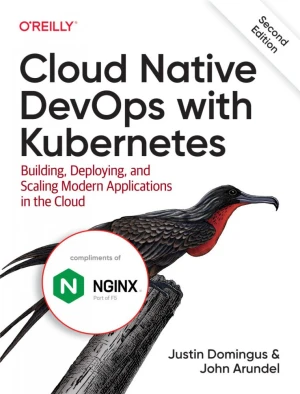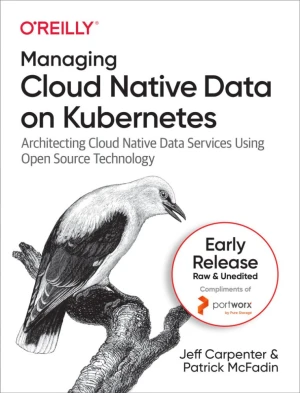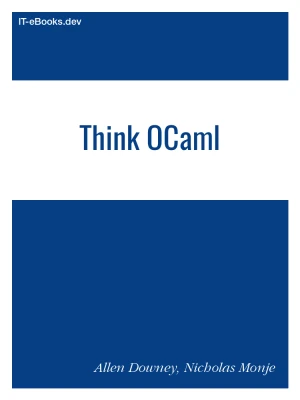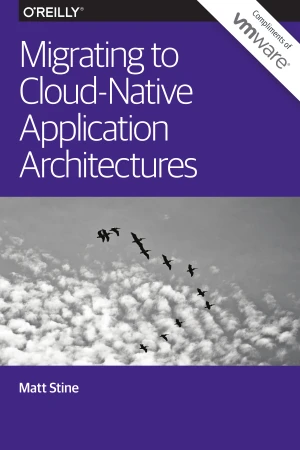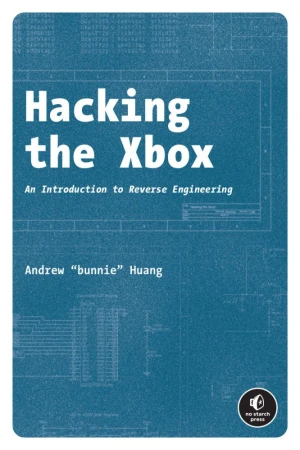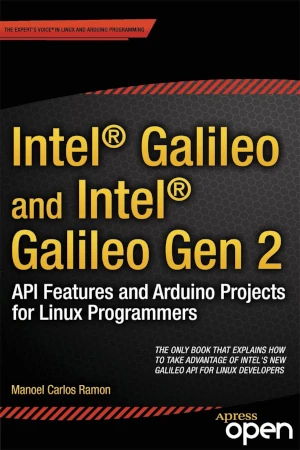Cloud Native Application Protection Platforms
A Guide to CNAPPs and the Foundations of Comprehensive Cloud Security
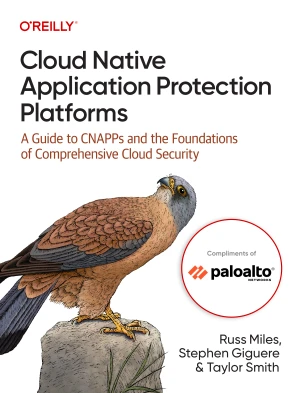
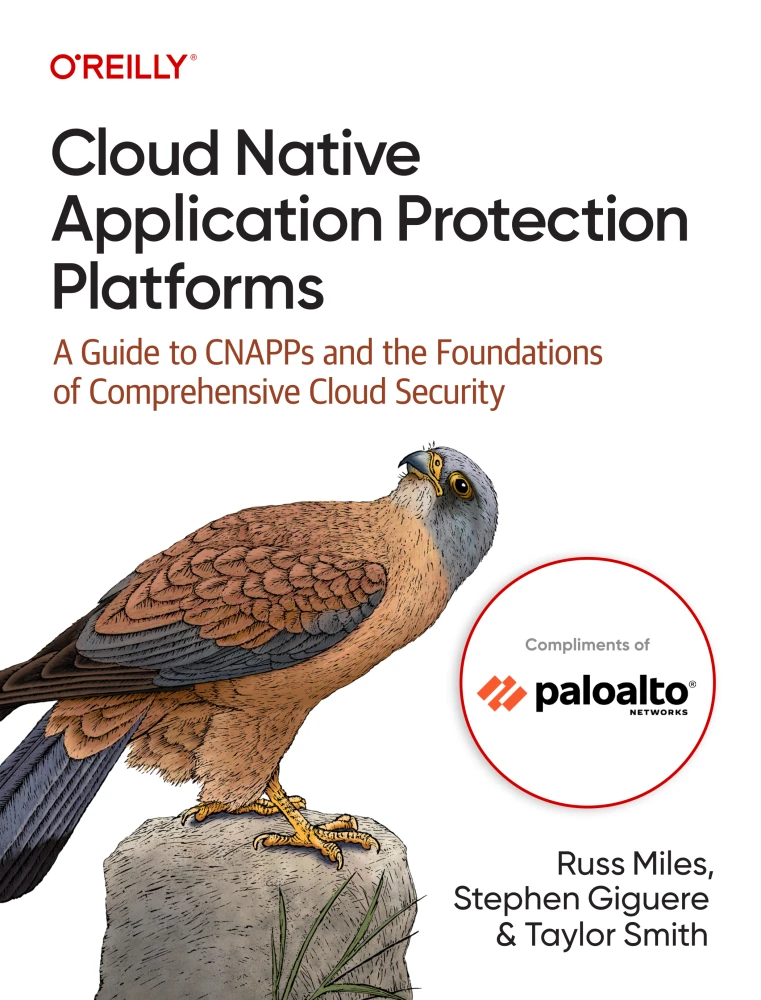
Book Details
| Authors | Russ Miles, Stephen Giguere, Taylor Smith |
| Publisher | O'Reilly Media |
| Published | 2024 |
| Edition | 1st |
| Paperback | 206 pages |
| Language | English |
| ISBN-13 | 9781098141691, 9781098141707 |
| ISBN-10 | 1098141695, 1098141709 |
| License | Compliments of Palo Alto Networks |
Book Description
Cloud native security isn't a game for individual players. It requires team collaboration with a platform that can help cloud security engineers, developers, and operations people do their best work. That's what the cloud native application protection platform (CNAPP) delivers. With this practical guide, you'll learn how CNAPPs can help you consolidate security through DevSecOps across cloud native technologies, practices, and application lifecycles.
Through real-life attack scenarios, authors Russ Miles, Steve Giguere, and Taylor Smith help you explore how CNAPP not only mitigates multidimensional threats, but also reduces complexity and helps your team stay one step ahead of attackers. CNAPP provides a holistic approach to your cloud native development across identities, workloads, networks, and infrastructure.
With this book, you will:
- Examine threats to different parts of the cloud native stack, including pipelines, supply chains, infrastructure, workloads, and applications
- Learn what CNAPP is and how it enables the context-sharing and collaboration necessary to secure your applications from development to runtime
- Assess your own attack surface from a code and runtime standpoint
- Identify blind spots in your existing cloud native security coverage
- Leverage CNAPP to achieve a holistic, collaborative security environment
This book is published as open-access, which means it is freely available to read, download, and share without restrictions.
If you enjoyed the book and would like to support the author, you can purchase a printed copy (hardcover or paperback) from official retailers.
Download and Read Links
Share this Book
[localhost]# find . -name "*Similar_Books*"
Cloud Native DevOps with Kubernetes, 2nd Edition
Kubernetes has become the operating system of today's cloud native world, providing a reliable and scalable platform for running containerized workloads. In this friendly, pragmatic book, cloud experts Justin Domingus and John Arundel show you what Kubernetes can do-and what you can do with it. This updated second edition guides you through the gro
Managing Cloud Native Data on Kubernetes
Is Kubernetes ready for stateful workloads? This open source system has become the primary platform for deploying and managing cloud native applications. But because it was originally designed for stateless workloads, working with data on Kubernetes has been challenging. If you want to avoid the inefficiencies and duplicative costs of having separa
Think OCaml
How to Think Like a Computer Scientist is an introductory programming book based on the OCaml language. It is a modified version of Think Python by Allen Downey. It is intended for newcomers to programming and also those who know some programming but want to learn programming in the function-oriented paradigm, or those who simply want to learn OCam
Migrating to Cloud-Native Application Architectures
Adoption of cloud-native application architectures is helping many organizations transform their IT into a force for true agility in the marketplace. This report defines the unique characteristics of cloud-native application architectures such as microservices and twelve-factor applications. Author Matt Stine also examines the cultural, organizatio
Hacking the Xbox
This hands-on guide to hacking begins with step-by-step tutorials on hardware modifications that teach basic hacking techniques as well as essential reverse engineering skills. The book progresses into a discussion of the Xbox security mechanisms and other advanced hacking topics, with an emphasis on educating the readers on the important subjects
Intel Galileo and Intel Galileo Gen 2
Intel Galileo and Intel Galileo Gen 2: API Features and Arduino Projects for Linux Programmers provides detailed information about Intel Galileo and Intel Galileo Gen 2 boards for all software developers interested in Arduino and the Linux platform. The book covers the new Arduino APIs and is an introduction for developers on natively using Linux.

